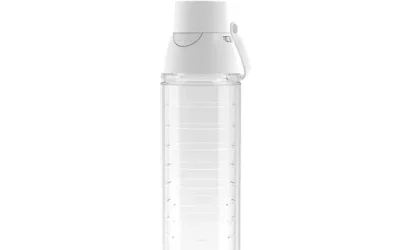Plants were the first medicines, and cultures all over the world retain a rich native pharmacopeia of plants passed down from generation to generation. As allopathic medicine makes advances in treatments using integrative medicine, these plants remain the backbone of good health with proven benefits and lacking the side-effects so blithely small-printed by the drug manufacturers.
What is Curcumin?
Curcumin is the primary curcuminoid found in the root of the South Asian spice Curcumin longa or turmeric, a relative of ginger. This spice has been used in food for thousands of years and is part of the Ayurvedic pharmacopeia – a system of medicines native to India and South Asia. Though the primary source for curcumin is the root, the leaves and flowers are also used in cuisine and medicine. However, due to their perishability, they are not commonly seen in stores.
What does Curcumin Treat?
Curcumin has strong anti-inflammatory properties and is used orally to treat indigestion, abdominal bloating, gas, liver and gallbladder complaints, fibromyalgia, and even as an adjunct treatment for cancer. When applied topically – rubbed on the skin in the form of an ointment or poultice – it can help with skin conditions such as eczema and psoriasis, fungal infections, and joint pain from osteoarthritis or rheumatoid arthritis. Used as a mouthwash, it can treat inflammations and infections in the mouth including thrush.
How to Take Curcumin?
Because of the relatively low levels of curcumin present in turmeric root, using a high-quality standardized-dose supplement such as Natural Factors curcumin is critical. Because curcumin is hard for the body to absorb on its own but is fat-soluble, Natural Factors curcumin works best when taken with a high-fat meal, or a supplement such as fish oil or coconut oil. Using the supplement piperine – an extract of black pepper – also helps to significantly increase absorption.

